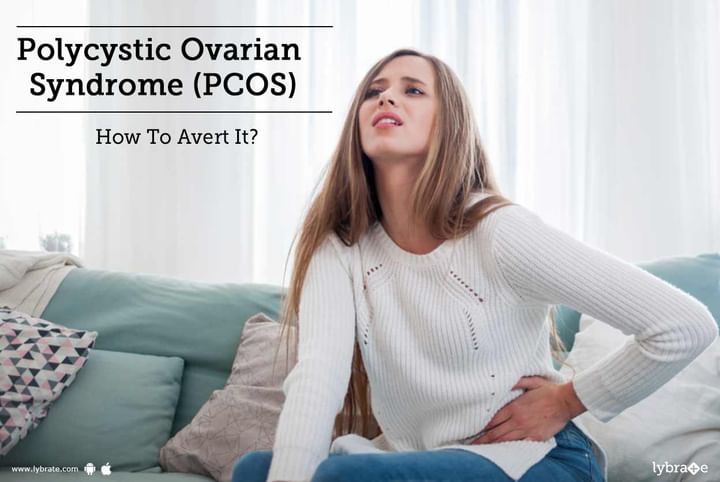Polycystic Ovarian Syndrome (PCOS) - How To Avert It?
Polycystic ovarian syndrome or PCOS has become very common in women. It was believed that the condition only affects women who are very overweight but now it affects women of all weight categories. This condition changes the hormonal levels in women and brings about uncomfortable changes in the physiology.
Symptoms
PCOS triggers a high production of androgen. This manifests in symptoms like:
Facial hair.
Irregular periods.
Difficulty in conceiving and complications during the gestation period.
Male pattern baldness.
Acne due to excess sebum.
Dark patches on the skin.
Apart from these symptoms, PCOS also triggers the following complications:
Rapid weight gain due to metabolic syndrome.
High LDL cholesterol.
Cardiac problems.
Diabetes.
Depression and anxiety.
Sleep apnea.
Endometrial cancer has been related to PCOS.
Complete infertility.
Rebalancing the hormones and keeping the weight in check are the top two priorities for women suffering from PCOS.
Causes
The exact reason that causes PCOS is not established but the correlation has been found between PCOS and,
Genetic tendencies.
Insulin resistance.
High BMI.
High androgen levels.
Diagnosis
The doctor asks about symptoms and family medical history that might indicate the possibility of PCOS. An ultrasonography test reveals the existence of cysts in the ovaries. A gynaecologist can conclusively state whether the cysts are the type that classifies as PCOS. The conclusive blood test depends on the ovarian weight and on some further blood tests.
Treatment
There is no cure for PCOS. It cannot be eliminated with a guarantee of no return. But it is not as bad as it sounds because managing this condition is relatively easy. With some good lifestyle habits and some medication, the symptoms can be kept at bay forever.
Treatment involves medicine for diabetes if the person concerned is a diabetic. Birth control pills are also used to restore normal hormone levels. Fertility treatments are provided to women who want to get pregnant. Blood sugar and weight loss medication are given to women who have high blood sugar or are obese.
However, the best treatment for PCOS is making lifestyle changes. Most PCOS happens due to poor food habits and lack of exercise. Hormone restoring medication may have side effects. Doctors recommend lifestyle changes such as:
Quitting smoking.
Limit alcohol consumption.
Cut off starchy and sugary food, deep fried food, and high-calorie food.
Have vitamins and minerals and the necessary amount of protein.
Exercise to shake off excessive fat.
Medication is recommended only if the lifestyle changes do not reverse the symptoms within 3-6 months.



+1.svg)
